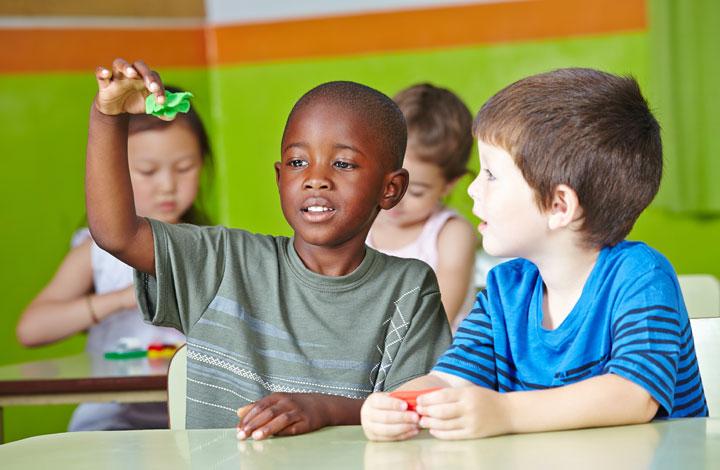We take a life-course approach to mental health because good mental health begins in infancy.
- 20% of adolescents may experience a mental health problem in any given year.1
- 50% of mental health problems are established by age 14 and 75% by age 24.2
- 10% of children and young people (aged 5 to 16 years) have a clinically diagnosable mental problem3, yet 70% of children and adolescents who experience mental health problems have not had appropriate interventions at a sufficiently early age.4

Our 2016 study 'The Fundamental Facts about Mental Health' follows a comprehensive summary of mental health research, providing a unique handbook of key facts and figures covering all key areas of mental health.
Find out moreChildren and Young People: A-Z Topics
Find out more about what affects our mental health with our A-Z Topics.
Find out more
References
- WHO (2003). Caring for children and adolescents with mental disorders: Setting WHO directions. [online] Geneva: World Health Organization. Available at: http://www.who.int/mental_health/media/en/785.pdf [Accessed 14 Sep. 2015].
- Kessler RC, Berglund P, Demler O, Jin R, Merikangas KR, Walters EE. (2005). Lifetime Prevalence and Age-of-Onset Distributions of DSM-IV Disorders in the National Comorbidity Survey Replication. Archives of General Psychiatry, 62 (6) pp. 593-602. doi:10.1001/archpsyc.62.6.593.
- Green,H., Mcginnity, A., Meltzer, Ford, T., Goodman,R. 2005 Mental Health of Children and Young People in Great Britain: 2004. Office for National Statistics.
- Children’s Society (2008) The Good Childhood Inquiry: health research evidence. London: Children’s Society.